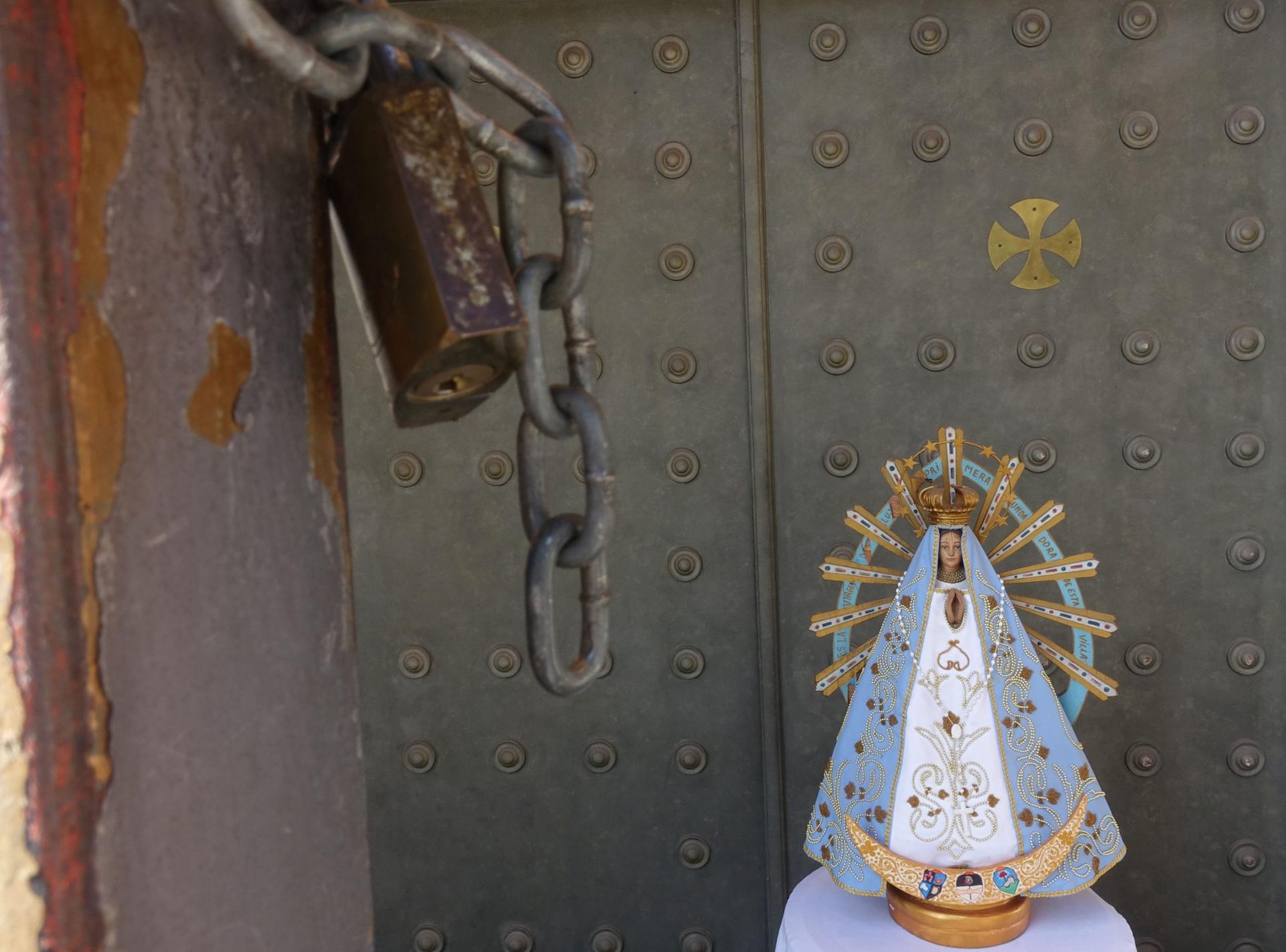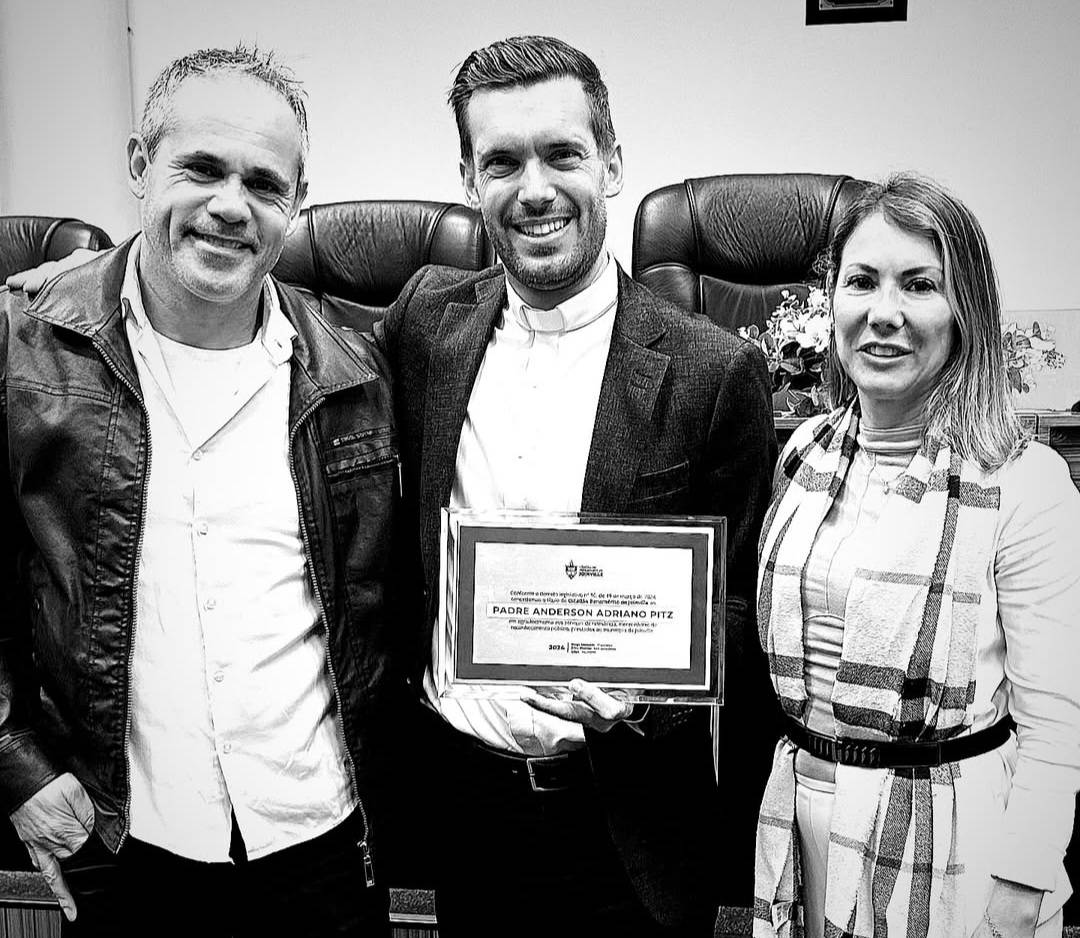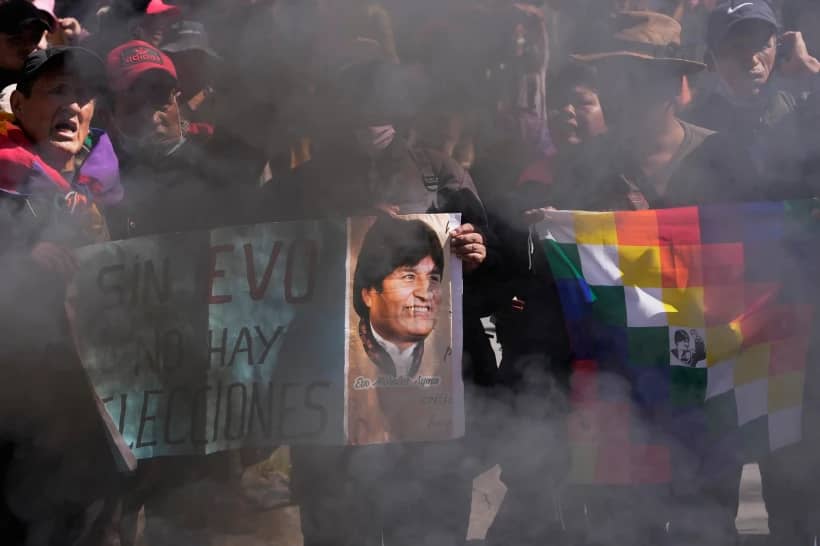ROSARIO, Argentina – Ten people were detained in northern Argentina on Sunday for going to Mass breaking the nation-wide mandatory quarantine imposed to slow the spread of the COVID-19 coronavirus.
The local bishop attempted to downplay the controversy by stating that it was an isolated event, and most of the local priests are upholding the lockdown rules.
Due to the COVD-19 pandemic, Pope Francis’s homeland has been under a quarantine since Friday, March 21. Catholic churches have been closed since that date. Although early on a priest in Mendoza received a warning for giving pastoral counsel to a person while both were in the same vehicle, this is the first known case in Argentina of people being arrested for going to Mass.
“What has happened is unfortunate,” said Bishop Pedro Martinez of San Luis. “No one likes to be removed from a church, nor do authorities like to remove them from a place of worship.”
“I am surprised by the events because in my pastoral letter I asked priests to celebrate Mass without the presence of the faithful,” he said. “I cannot explain how this happened,” as it ignored diocesan recommendations.
President Alberto Fernandez has already confirmed that the lockdown will continue until May 11, and as the virus continues to spread in some of the capital’s most impoverished neighborhoods, there are rumors that he’s planning to extend the social distancing measures until May 25.
The bishop said that he has already spoken not only with the priest who officiated the celebration but also with the faithful.
“There is a good intention to maintain social distance and take care of oneself, but they broke an objective rule. We are all making the effort, Catholics and non-Catholics to respect each other,” the bishop told the local paper La República.
The Mass took place in the parish of Our Lady of Lourdes, and was celebrated by 79-year-old Father José Mendiano. Less than a dozen parishioners took part in the liturgy, including two former police officers, Alejandro Sánchez and Enrique Miranda.
Miranda today works as a lawyer, and spoke to reporters as the group was being arrested: “It must be said once and for all: this is a great circus. There is no pandemic here,” referring to the situation in San Luis, which has only 10 confirmed cases in the entire state, out of a total population of 500,000.
“We prayed for the people who died from coronavirus and for the health of those infected,” the lawyer said as he was being put in a police car, unrelenting in his argument that the extended lockdown was an overreaction: “This is all a big lie, a farce. This is a home imprisonment being imposed on the people of San Luis by the regional government and the national government. ”
He also said that “the law can provide whatever it wants, but in matters of faith it is exclusively the responsibility of the Catholic Church.”
He ended issuing a warning to authorities: “The national government is wrong if it thinks that we are going to kneel before it.”
The complaint made against those attending the Mass was made by neighbors of the parish who were alerted by the movement they saw inside the church. They though that something had happened to the priest, who is deaf, diabetic and has problems with his blood pressure.
The offenders were transferred to a local police station, though due to his age and health, the priest was allowed to stay and give his testimony from his parish. They were charged under the Argentine code of penal law, accused of committing a “crime against public health” for “violating the measures adopted by competent authorities, to impede the introduction or spread of the pandemic.”
Their Mass attendance could be penalized with six months to two years in prison.
Since the lockdown was announced, hundreds of priests have been saying Masses without a congregation present that are livestreamed on social media websites such as Facebook and YouTube, although it’s not uncommon to see some faithful helping with the readings or the transmission of the celebrations. This was particularly noticeable during Holy Week.
Most times, however, only the priest is caught on camera, to protect the identity of the others present in the church.
Follow Inés San Martín on Twitter: @inesanma
















